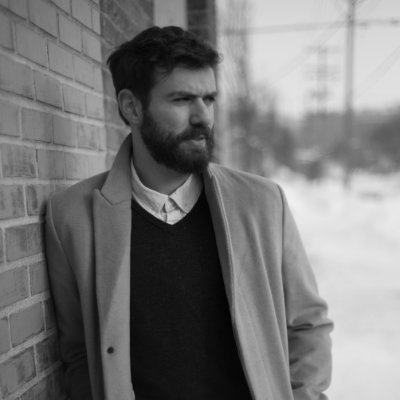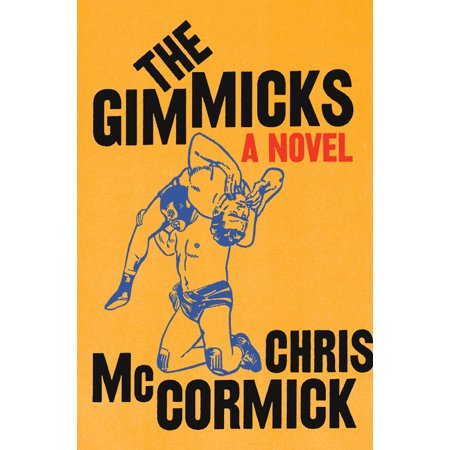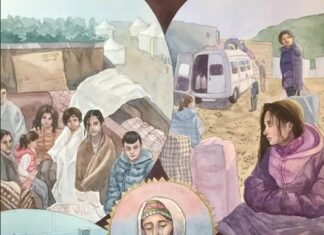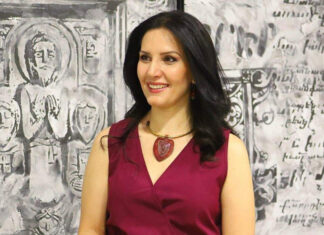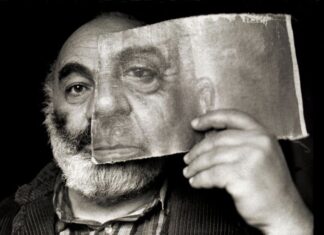Chris McCormick’s new novel, The Gimmicks, contains what might seem like a few gimmicks of its own, including forays into the worlds of competitive backgammon and professional wrestling. But those subcultures, emphasized in the book’s eye-catching cover design and promotional copy, are not what fuel it. It’s really about history — personal and collective — and it’s rooted in horrors from more than a century ago that are still making news today.
McCormick’s novel begins in the early 1970s, nearly 60 years after the Armenian Genocide conducted by the Ottoman Empire, during which one and a half million Armenians were killed. Ruben Petrosian is a teenager living in Soviet Armenia who is obsessed with the fact that Turkey has not yet acknowledged or apologized for the crimes.
“Alliances with Turkey were growing around the world, not shrinking,” McCormick writes, “and even sympathetic governments were willing to ignore its denial for the right price.” (Earlier this month, the United States Senate voted unanimously to officially acknowledge the genocide as such. The Trump administration balked, calling the crimes “mass atrocities” as opposed to orchestrated genocide.)
Ruben is a promising backgammon player — but not as promising as his friend and rival Mina. She finds Ruben dour, and his fixation on the Turks and history boring. (“I was going to say male,” she declares, “but boring works, too.”) She compares constant focus on the past to lemon trees: “Imagine if they never dropped the dead lemons from last year, or the year before that. Just went on carrying all their old shriveled lemons until the branches sagged so low that no new fruit could grow.”
After an orphan named Avo Gregoryan arrives to live with Ruben and his family, the two boys come to think of themselves as brothers, though they are really cousins of cousins. Ruben is scowling and bespectacled, with “the look of an old man cursed to live in a child’s body.” Avo, 6-foot-6, is “an enormous but entirely sweet-hearted boy.”



